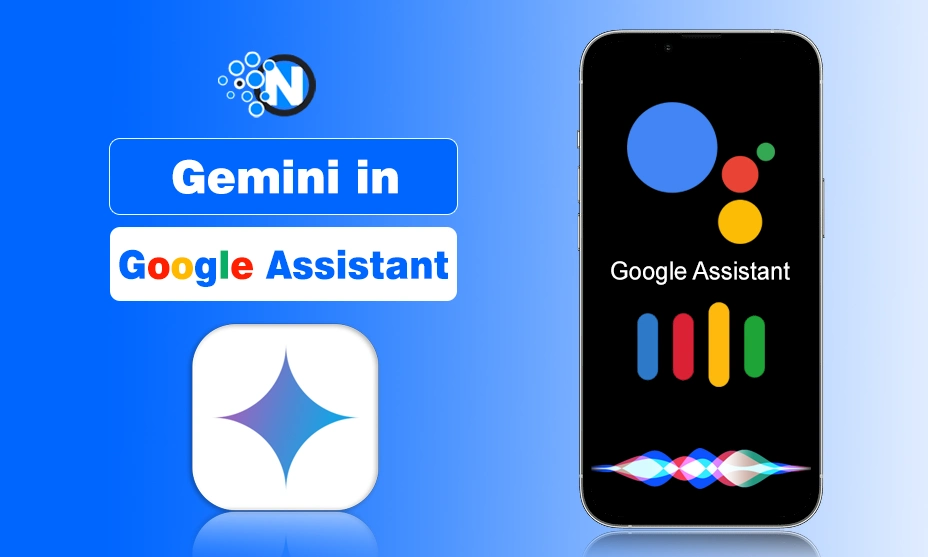To compare Google Assistant with other competing tools such as Amazon Alexa, Apple Siri, Microsoft Cortana, and Samsung Bixby, we will analyze each virtual assistant based on the following criteria: efficiency, speed, features, accessibility, and price. Here is a detailed analysis and a comparison table to help you understand the strengths and weaknesses of each.
Google Assistant
- Efficiency: Very effective in voice recognition and contextual understanding, especially on Android devices.
- Speed: Fast to respond, with direct access to Google’s search power.
- Features: Integration with many Google services and smart home devices.
- Accessibility: Available on Android, iOS, and Google Home devices.
- Price: Free.
Amazon Alexa
- Efficiency: Excellent voice recognition and a wide range of skills.
- Speed: Fast, but depends on the quality of the internet connection.
- Features: Excellent integration with smart home devices via Amazon Echo.
- Accessibility: Available on a variety of platforms, including iOS and Android.
- Price: Free, but some skills may be paid.
Apple Siri
- Efficiency: Well optimized for the Apple ecosystem, but sometimes limited in contextual understanding.
- Speed: Fast on recent Apple devices.
- Features: Excellent integration within the Apple ecosystem.
- Accessibility: Exclusive to Apple devices.
- Price: Included in the price of Apple devices.
Microsoft Cortana
- Efficiency: Less efficient than others in voice recognition.
- Speed: Less fast, as it is less integrated than other assistants.
- Features: Limited since the reduction of its consumer features.
- Accessibility: Primarily integrated into Microsoft products.
- Price: Free, but mainly used in enterprise settings.
Samsung Bixby
- Efficiency: Less popular and less efficient in contextual understanding.
- Speed: Adequate, but depends on optimization on Samsung devices.
- Features: Strongly integrated with Samsung devices, but fewer third-party options.
- Accessibility: Mainly on Samsung devices.
- Price: Free.
Comparison Table
| Criteria | Google Assistant | Amazon Alexa | Apple Siri | Microsoft Cortana | Samsung Bixby |
|---|---|---|---|---|---|
| Efficiency | Very high | High | Medium to high | Low to medium | Medium |
| Speed | Very fast | Fast | Fast | Medium | Medium |
| Features | Very extensive | Very extensive | Extensive | Limited | Limited |
| Accessibility | Very wide | Very wide | Limited | Medium | Limited |
| Price | Free | Free (with paid options) | Included in device price | Free | Free |
Recommendations by User Profile
- Android Users: Google Assistant is the optimal choice due to its seamless integration with the Google ecosystem.
- Apple Users: Siri is the best choice for iPhone, iPad, and other Apple device users.
- Home Automation Focused Users: Amazon Alexa offers the best integration with smart home devices.
- Enterprise Users: Microsoft Cortana may be relevant in a professional setting within the Microsoft ecosystem.
- Samsung Users: Bixby is more suited for those who primarily use Samsung devices.
In conclusion, the choice of a voice assistant largely depends on the technological ecosystem already in place for the user and their specific needs in terms of features and integration.


